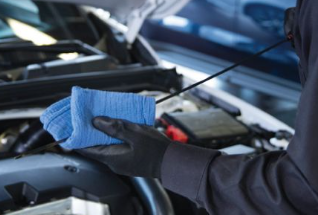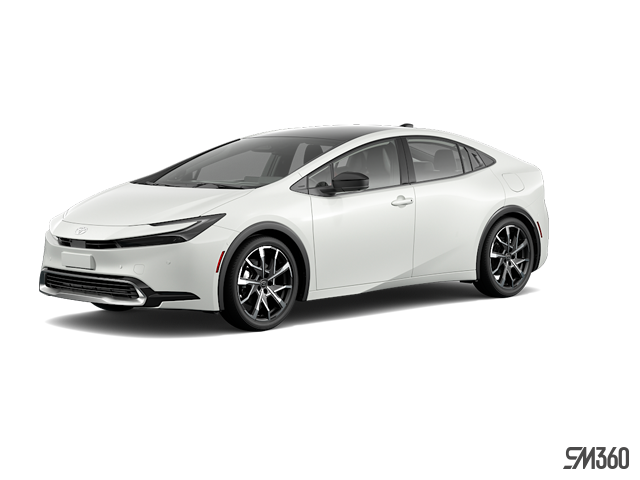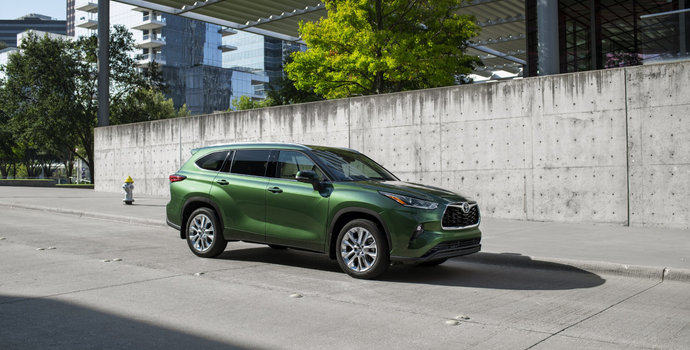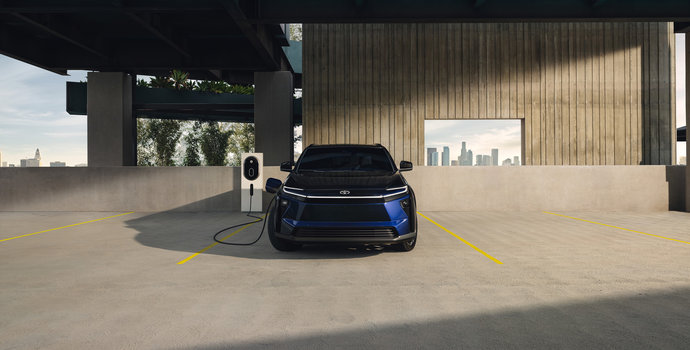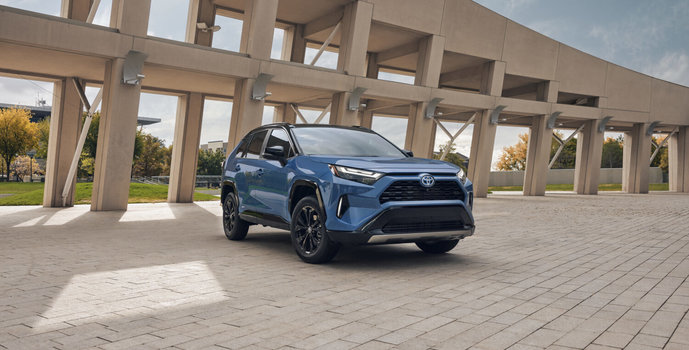Unless you’ve already got a fully electric vehicle, there’s one expense that always piles up month after month—gasoline. No one enjoys paying for gas, but the way you drive can have an impact on what your expenditure for gas every month.
If you want to save on your fuel consumption and be more efficient, there are things you can do besides switching to a fully electric vehicle. Here are ten good ways to start increasing your fuel efficiency and saving money on gas.
Use Your Cruise Control
If you find that you have long stretches of uninterrupted driving, such as less busy times on the highway, cruise control is an excellent way to be more fuel efficient. By remaining at a constant, ideal speed, you burn fuel at a far less accelerated rate.
Keep Your Tires Inflated
Air pressure regularly drops, so even a month after your last air pressure check, your tires may be less inflated. Even a small percentage drop can decrease fuel efficiency. So, you can imagine how much efficiency is lost if you haven’t had a tire or vehicle care all year.
Tune Your Engine for Efficiency
That there’s more than one way to tune-up your car. If you’re not explicit about the type of vehicle maintenance you want, a typical engine tune-up might configure your engine for more power, which can increase fuel consumption. If you’re concerned about how to make your car perform better concerning fuel consumption, then specify that you’d like a tune-up for fuel efficiency, not better power and handling.
Accelerate Slowly
If you notice that your coffee spills out of an open lid when the light turns green, you may be getting up to speed too fast. Trying to hit your maximum legal speed—or beyond it—as quickly as possible leads to poor fuel efficiency.
Exercise AC Discipline
This will be a tough one for most Canadians! Running the air conditioner in your car does use fuel, increasing consumption rates by up to 20%. But this is in downtown driving situations, where you never get up to 100 kph and stay there.
If you are on the road and maintaining a steady speed of about 100 kph, the AC is more efficient than opening a window or using air vents because wind resistance impacts your fuel efficiency.
Don’t Idle
With the exception of being stuck in traffic, if you know you’re going to be sitting in your car for more than a minute without moving, don’t leave the car running. Shut it down and start the engine when you’re ready to go. Otherwise, you’re just burning up fuel needlessly.
Get a Hybrid Vehicle
If you’re uncertain about your ability to always recharge an electric vehicle, then start with the compromise; get a hybrid electric vehicle. These vehicles have both an internal combustion engine and a battery.
When you idle, the engine gets its power from the battery, as do the lights and other electrical systems, which is how these vehicles provide a significant boost in fuel efficiency.
Don’t Drive Aggressively
It’s not just “jumping out of the gate” that hurts your fuel efficiency at traffic stops. Hard turns, constant braking, frequent accelerations for lane changing, and tailgating all add up to needing to buy more gas.
Don’t Rush
When you’re not in a hurry, you can achieve a greater amount of fuel efficiency, sometimes saving up to 10-15%. The sweet spot for speed when it comes to modern vehicles is between 50-80 km/hr for cars, trucks, and SUVs. People who choose to drive over 120 km/hr are raising their fuel consumption by as much as 20%.
Maintain Your Gas Cap
Most of us only look at or interact with our gas cap when it’s time to fill up the car. But gas caps use rubber as the sealant to ensure an airtight fit, and rubber corrodes. If your gas cap isn’t functioning properly, this means that oxygen is getting into your gas tank, “thinning” your mix.
It means that more fuel needs to be drawn in to be burned up, and this can have a severe impact on your fuel efficiency. Check your gas cap to make sure that you’ve still got a tight seal. If you don’t, you can start saving by getting this fixed.
Stop searching “how to make my car perform better,” and start using these tips for raising your fuel efficiency! When in doubt, contact our team of experienced Service Specialists at Georgetown Toyota!
You might also be interested in these blogs:

